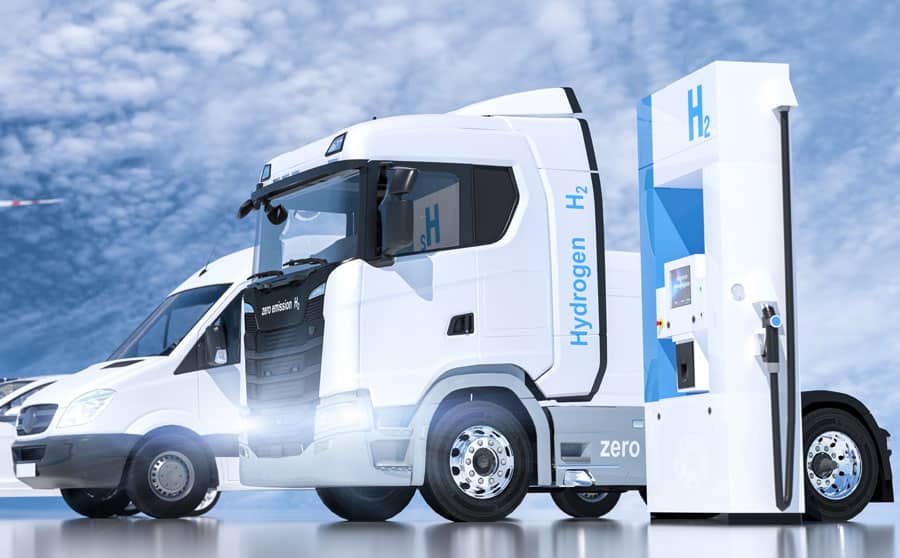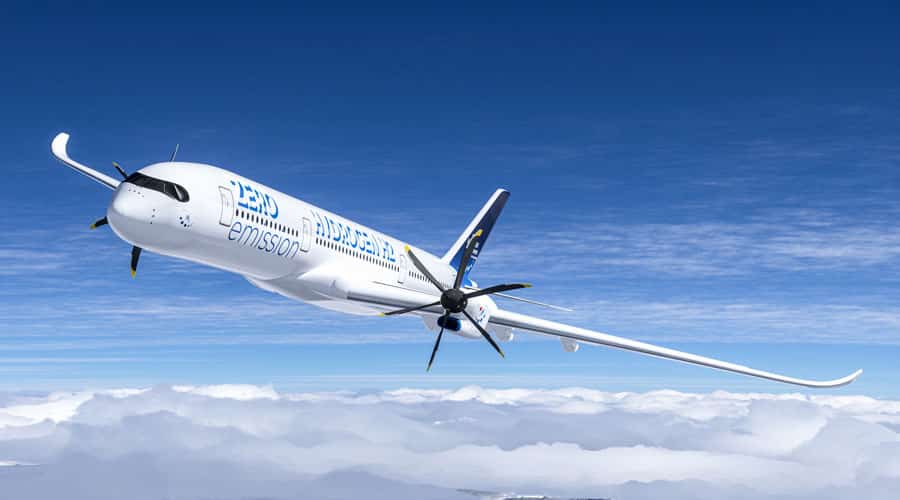hydrogen powered vehicles
Hydrogen powered transports’vehicles end their journey with thermo-hydraulic conditions far from optimal.
Hydrogen vehicles mostly use fuel cell technologies which rely on compressed GH2 stored in high pressure composite vessels. Electric fuel-cell-powered vehicles using gaseous hydrogen are sufficient for small distance and urban mobility.
Nevertheless, liquid hydrogen should meet an increasing demand for long distance or intensive transportation. Hydrogen engines working with fuel cells are compatible with liquid hydrogen on board storage, just requiring conversion from a liquid to gaseous state through component synergies.
Absolut Hydrogen is able to conceive efficient and state-of-the-art hydrogen technological solutions for all vehicles : trucks, jet and aircrafts, trains etc.



